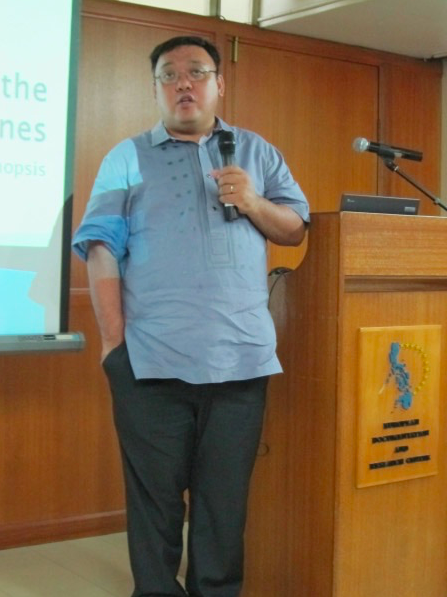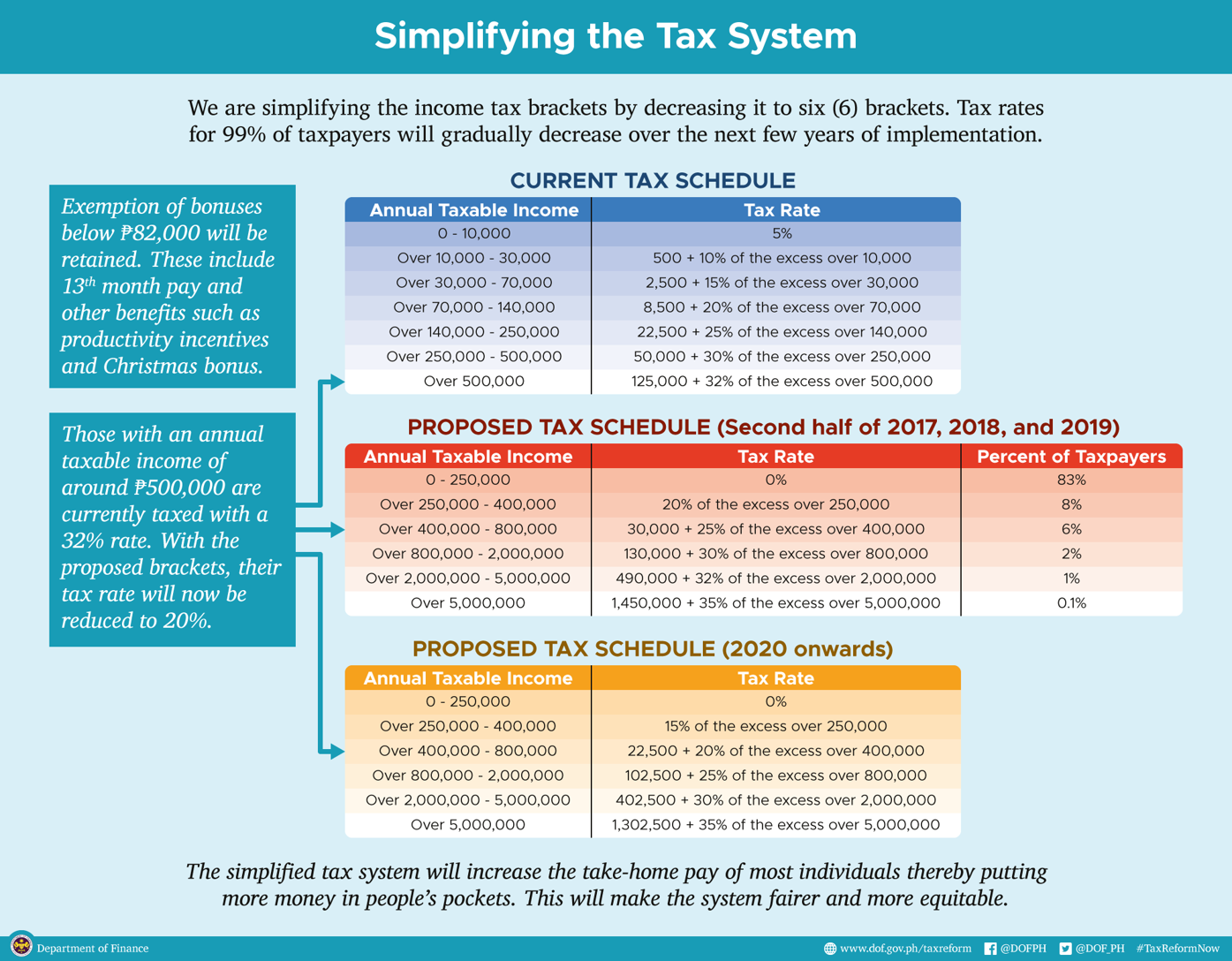What every citizen needs to know about the Anti-Terror Bill
(Editor’s note: “What Every Citizen Needs To Know About The Anti-Terror Bill” was first published on Facebook and Twitter. You can download House Bill 6875 or HB 6875 )
—
by Michelle Estor
Regardless of your stand on the Anti-Terror Bill (ATB), these are the things which I feel are imperative for all of our citizens to know and understand, especially now that the bill is poised to become law. I personally disagree with many of the provisions and the omissions in the bill, the reasons for which will be evident when you realize the magnitude of the implications that can be drawn and the consequences that will result from the implementation of this legislative measure.
Lawmakers who push for the passage of the #AntiTerrorBill say that the Financial Action Task Force requires a more stringent law on money laundering & terrorist financing to be passed by October 2020. Otherwise, there will be adverse economic consequences for the country. Surely, the FATF does not advocate the passage of a law so rife with constitutional infirmities, especially those pertaining to arrests, searches, and seizures. #VetoTerrorBillNow #JunkTerrorBillNow
1. The ATB provides for the penalty of life imprisonment without the benefit of parole and good conduct time allowance (life without parole and GCTA) for the gravest crimes that it covers.
2. The ATB punishes providing material support to terrorists with this penalty. While the bill enumerates the properties or services that can be considered as material support, the bill does not define what is material. There are no threshold amounts or measurements, or limits of any sort. The ATB does not mention any such parameters. (Section 3e, HB 6875)
3. Neither does it define the words “proposal” in the crime of proposal to commit terrorism, or “encourage” in the crime of recruiting to join a terrorist organization. It does not specify the manner of committing these acts which are punishable under the bill. (Section 3g and h)
4. While the ATB provides for exclusions from terrorism, such as advocacy, protest, dissent, and other similar exercises of civil and political rights, it states that these exclusions only apply when these acts are not intended to cause death or serious physical harm to a person, or pose a serious risk to public safety. This means that anyone who engages in these acts can be a suspected terrorist and can be apprehended. Yes, they have to prove intent on the part of the suspected terrorist. But in the meantime, the suspected terrorist is in detention for up to 24 days before they even face a proper judicial authority. (Sections 4, 29)
5. Mere possession of objects “connected with the preparation for the commission of terrorism” is punishable by life without parole and GCTA. The ATB does not mention any requirement as to intent. (Section 6)
6. The ATB also metes out the penalty of life without parole and GCTA to any person “who organizes or facilitates the travel of individuals … for the purpose of recruitment”. While it mentions the purpose, this may refer to “travel” and not the person organizing or facilitating the same. There is no clear requirement of intent, objective, or knowledge stated in this provision, unlike in other provisions. (Section 10)
7. Even relatives and immediate family members can now be penalized under the ATB as accessories, unlike in the Revised Penal Code, where relationship or affinity exempts a person from liability as an accessory. (Section 14)
8. Persons may be put under secret surveillance based on a mere suspicion of the commission of any of the crimes under the ATB. A person need not be charged for her or him to be the subject of secret wiretapping, for instance. Secret surveillance means that law enforcement agents and military personnel are under no obligation to inform the suspected persons that they are under surveillance, unlike in the Human Security Act. (Section 16)
9. The application to the Court of Appeals to compel telcos to produce customer information, identification records, call and text data records, content, and metadata of any suspected person shall be filed ex parte. This means that the application will be filed and decided on without the knowledge and participation of the suspected person. (Section 16)
10. All proceedings and documents relative to the judicial authorization of such surveillance are considered classified information, including the application, the identity of the suspected individual, the identities of the applicant law enforcement agents or military personnel, the offenses, and the duration of the surveillance. This classified information is accessible only to the applicants, the authorized personnel of the Anti-Terrorism Council (ATC), the hearing justices, the clerk of court, and authorized personnel of the court. (Section 18)
11. The applicant law enforcement agent or military personnel must file the appropriate case against the suspected person within 30 days from the expiration of the surveillance period. The applicant must also inform the Court of Appeals after this 30-day period that such case has been filed. There is no mention of any penalty if no case is filed or no such information is given by the applicant to the court. (Section 19)
12. All documents and other materials obtained during the surveillance shall be deposited with the Court of Appeals in a sealed envelope or sealed package. These are all considered classified information, and not to be opened, disclosed, or used unless ordered by the court, with proper notice to the suspected person. This is the only time that the suspected person will be made aware of the surveillance and the information obtained from it. (Sections 20, 22)
13. The ATC may designate an individual or an entity as a terrorist upon its finding of probable cause that the individual or entity commits, attempts to commit, or conspires to commit acts penalized under Sections 4-12 of the ATB. Members of the ATC are not required to be legal practitioners or judges/justices. There is likewise no requirement as to previous adjudicatory responsibilities. (Sections 25, 45)
14. Any person suspected of committing acts penalized under Sections 4-12 of the ATB may be taken into custody merely upon a written authorization of the ATC. The law enforcement agent or military personnel who apprehended the suspected person is under no obligation to present the latter to the proper judicial authority for 14 calendar days. (Section 29)
15. This period of detention may be extended for another 10 calendar days (a) if detention is necessary to preserve evidence or complete the investigation; (b) to prevent the commission of another terrorist act; and (3) the investigation is being conducted properly and without delay. There is no mention of who makes such determination and who decides whether or not to extend detention. (Section 29)
16. The apprehending officer has the obligation, immediately after taking the suspected person into custody, to notify in writing the judge of the court nearest the place of apprehension. This notification is not under oath. While failure to notify is punishable, there is no penalty provided for stating falsehoods in the written notification. More importantly, under the Human Security Act, it is the judge who examines the physical and mental condition of the apprehended individual. Under the ATB, the judge would have to rely solely on the account of the apprehending officer. (Section 29)
17. The Anti-Money Laundering Council may freeze the assets of designated persons or entities. The freeze order is effective for 20 days, extendible to 6 months upon the order of the Court of Appeals. Suspected persons and persons or entities designated upon finding of probable cause merely by the ATC may lose access to their assets for as long as 6 months. (Sections 36, 46f)
18. The ATC is empowered to establish and maintain comprehensive database information systems on terrorism, terrorist activities, and counterterrorism operations. There are, however, no provisions on parameters and how such information will be obtained and preserved. (Section 46e)
19. The ATB applies practically to all individuals and entities, whether or not they are within the territorial jurisdiction of the Philippines, albeit under certain conditions and with specific exceptions. It applies even to (a) Filipinos outside the Philippines, (b) foreigners outside the Philippines, but suspected to commit acts penalized under the ATB (b.1) within the country, (b.2) inside a Philippine ship or aircraft, (b.3) inside a Philippine embassy or consulate, (b.4) against Philippine citizens or individuals of Philippine descent, or (b.5) directly against the Philippine government. (Section 49)
20. The ATB even applies to a foreigner who supposedly commits acts penalized under the ATB outside of the Philippines. This person may even be prosecuted here, under certain conditions, as if the acts were committed within the country. (Section 49)
Nothing follows.
Nothing follows.


